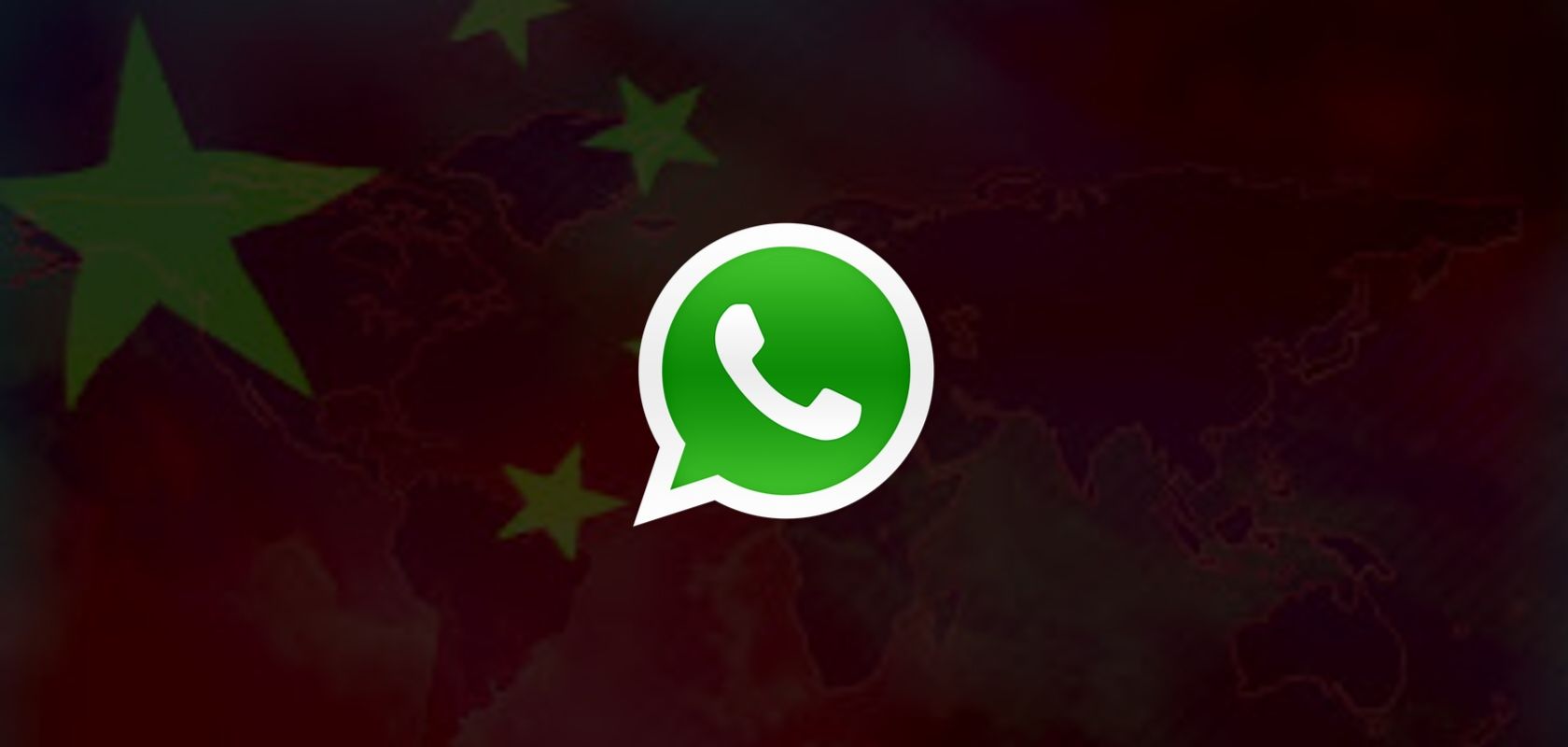Facebook has decided to prevent the police in Hong Kong from using its messaging app WhatsApp for police business. The Hong Kong-based website Apple Daily that said ten police hotline numbers launched on Tuesday had been suspended, along with the account.
The purpose of the hotlines was to allow citizens to report non-urgent violent incidents, while Facebook’s decision to delete them stems from a violation of its terms of service. A spokesperson for the US tech giant explained the move on Friday by saying that WhatsApp’s “primary” purpose was private messaging – unless, that is, the company approves a non-private entity’s use.
Specifically, the violation pertains to “bulk and automated messaging” that is not allowed on the platform.
However, all this comes at a time when Hong Kong continues to be shaken by protests that have been ongoing for several months – while reports and information about violent incidents that the police were hoping to gather using WhatsApp pertains to the protests.
And there are now conflicting reports about who actually pulled the plug on the hotlines: the South China Morning Post writes that the Hong Kong police said on Friday it was them who made the decision.
The information the police were soliciting from citizens included photos and video and audio recordings – and they said a large volume of these had arrived through WhatsApp during the three days that the hotlines were up.
But, the police said, they decided to suspend the numbers because of mixed reactions to the service. In addition, unnamed sources with the police said the launch had not been prepared well – and that they will now look for another avenue to collect information. They also blamed the messenger for not properly protecting the anonymity of those reporting incidents to the police in this way, by exposing their names and phone numbers.
During the ongoing Hong Kong protests, Facebook and other social media giants came under criticism for allowing content promoting China’s stance regarding the unrest. Facebook responded to this by removing several such accounts and pages from its primary platform.






















